You might already know about Asia’s Best Health News and Trends in 2023, Top 10 Best and Greatest Inventors in Asia, and Top 10 Asia’s Best Job Market News and Trends in 2023, but do you know what Asian people are tired of hearing? For too long, Asian people have had to put up with uncomfortable comments and hurtful stereotypes.
Let’s bring attention to these issues and discuss why they are so damaging, and how we can be more respectful to people of all backgrounds. In this article, through the World’s #1 Source of Research-Based Content, The Daily Top 10, we will explore the Top 10 Things Most Asian People Are Tired of Hearing and provide insight into why these statements and questions are problematic.
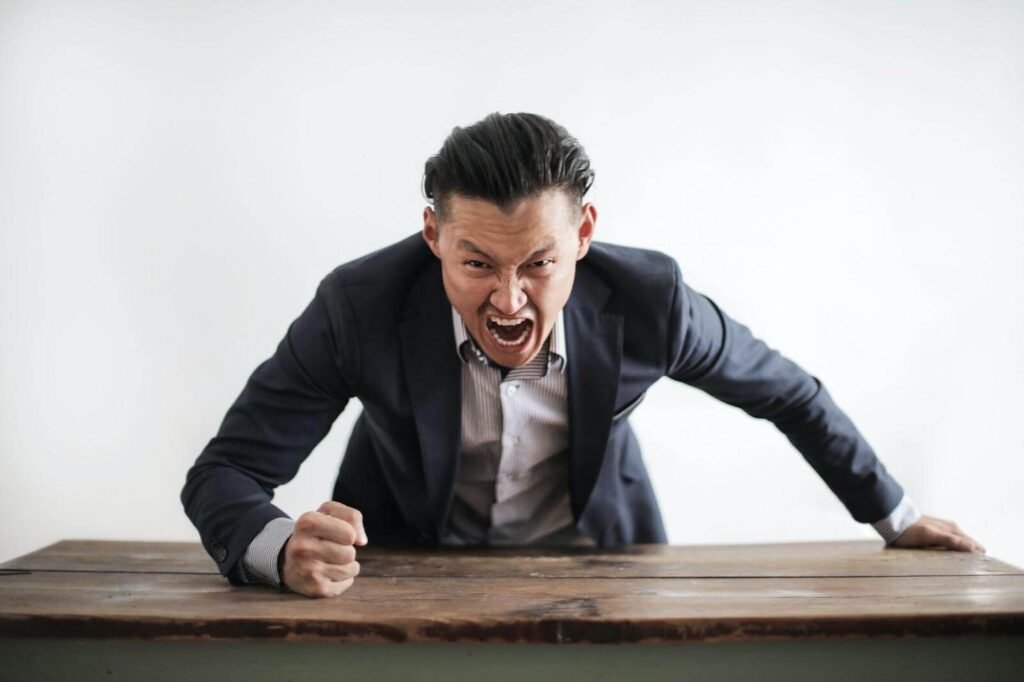
Asians have an incredible history that has left an indelible mark on our world. But even with all their accomplishments, Asians are still dealing with tired stereotypes and discrimination. Can you believe it? These comments are more than just annoying – they perpetuate harmful attitudes and behaviors that need to stop. It’s high time we recognize and tackle these issues head-on, and create a world where everyone is valued.
So, we’re here to share the Top 10 Things that Most Asian People are Tired of Hearing.
What is the Top Thing that Most Asian People are Tired of Hearing?
The Asian community comprises a significant and multifaceted ethnic group, accounting for over 60% of the world’s population. Despite their substantial presence and invaluable contributions to society, Asians frequently face damaging stereotypes and microaggressions that can negatively affect their mental health and overall well-being.
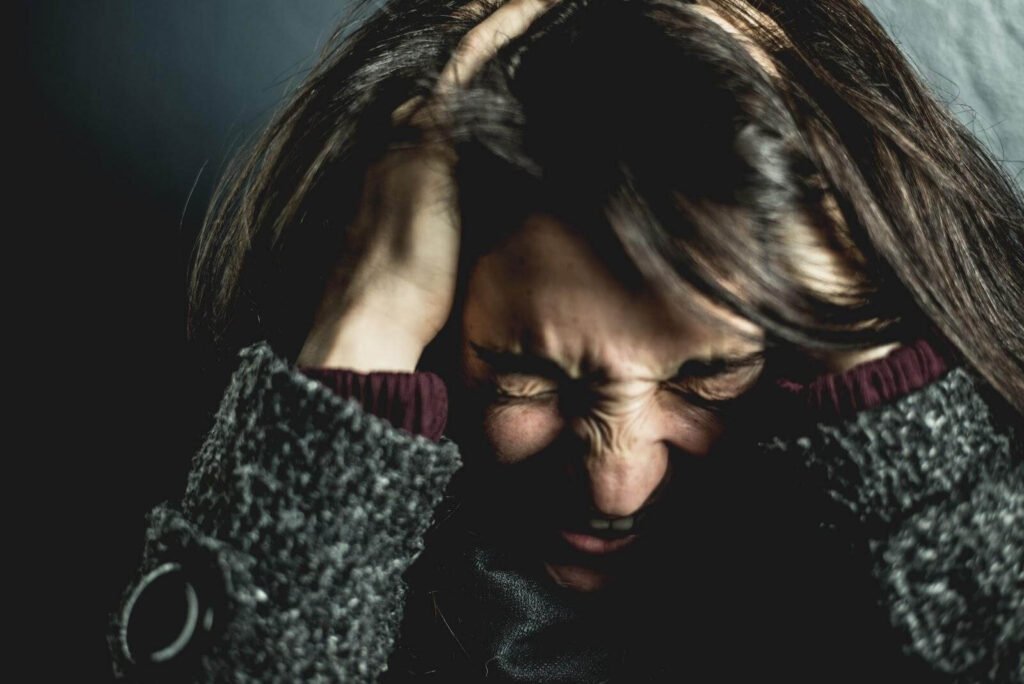
Let’s dive in to discover what these commonly heard statements are and why they need to be eliminated from our vocabulary. We can start with the 10th thing before we check the Main Thing that Asian People are Tired of Hearing.
TOP 10: Where are You Really From?

As reported by The Guardian, one of the most common things that Asians hear, especially those who are born or raised outside of Asia, is “Where are you really from?” This seemingly innocent question can be perceived as offensive because it implies that Asians are not “truly” from the country they currently live in, despite being citizens or permanent residents.
Moreover, it can be tiring to explain one’s ethnic background repeatedly, especially if the question is asked out of curiosity or ignorance. According to a survey conducted by the Pew Research Center, 29% of Asian Americans have been asked where they are from, highlighting how prevalent this statement is.
TOP 9: You Must be Good at Math!

Another stereotype that Asians face is, “You must be good at math.” While it may be true that some Asians excel in mathematics, this stereotype is harmful and perpetuates the idea that Asians are only good at certain academic subjects. This comment also dismisses other talents that Asians may have and can create pressure for them to conform to this stereotype.
According to The Conversationist, Asian Americans are the most stressed demographic in the United States, partly because of the pressure to conform to this stereotype. They may feel like they are not living up to expectations and may face additional pressure to perform well on this subject because of their ethnicity.
TOP 8: Do You Eat Dogs or Cats?

A common, and extremely annoying, question Asian people hear is if they eat dogs/cats/bugs. As mentioned in ABC News, this is a common stereotype associated with Asians, particularly East Asians, and can be incredibly offensive. This stereotype is harmful and completely false. While it is true that some cultures in Asia have a history of consuming dog meat, it is not a common practice in many modern Asian societies.
Eating dogs and cats is not a widespread practice in Asian countries, and it is important to recognize that this stereotype is rooted in racism and ignorance as reported by The Huffington Post. Also, as a Psychology Today article notes, “These stereotypes imply Asians are so different from ‘us’ (‘us’ being the dominant Western culture) that they may as well be a different species.”
TOP 7: All Asians Have MonoLids or Small Eyes

Based on a survey conducted by the Pew Research Center, 63% of Asian Americans say that they have been subjected to racial slurs or jokes. One of the most common stereotypes perpetuated towards Asians is that they all have monolids or small eyes. This stereotype is harmful as it suggests that there is only one standard of beauty for Asians, which is not true. Asian beauty comes in all shapes and sizes, and it is important to celebrate and embrace this diversity.
As reported by The Guardian, this stereotype of Asians having small or mono-lid eyes is not only inaccurate but also harmful. The report cites several examples of Asian models and actors who have larger eyes, such as Liu Wen, Gemma Chan, and Henry Golding, among others.
TOP 6: All Asians are Quiet and Submissive

The assumption that all Asians are quiet and submissive is harmful as it ignores the diversity of personalities and traits that Asians can have. This stereotype perpetuates the idea that Asians are always meek and weak, which is not true. It is important to recognize that individuals have different personalities, and this applies to Asians as well.
According to a survey done by the Pew Research Center, more than half of Asian Americans have experienced discrimination or unfair treatment because of their race or ethnicity. Stereotypes about Asians being quiet and submissive is one of the most common forms of discrimination that they face. A study published in the Journal of Applied Social Psychology found that Asians were perceived as less assertive and less competent than other racial groups.
TOP 5: All Asians Are Good at Martial Arts

The assumption that all Asians are skilled in martial arts is a widespread stereotype that has been perpetuated by popular media for decades. While martial arts do have a deep cultural history in many Asian countries and can be an important part of their cultural heritage, it is not accurate to assume that all Asians have a natural talent or interest in this activity. This stereotype can be harmful as it reinforces the notion of a monolithic Asian identity and ignores the diversity of cultures, interests, and talents within the Asian community.
The pressure to conform to this stereotype can also lead to the marginalization and exclusion of Asians who do not fit into this narrow and inaccurate depiction. According to Black Belt Magazine, there are over 100 different styles of martial arts, each with its unique techniques and philosophy. Therefore, assuming that all Asians know, martial arts are not only inaccurate but also perpetuates the stereotype that all Asians are the same.
TOP 4: All Asians are Foreigners or Not “Real” Americans or Canadians
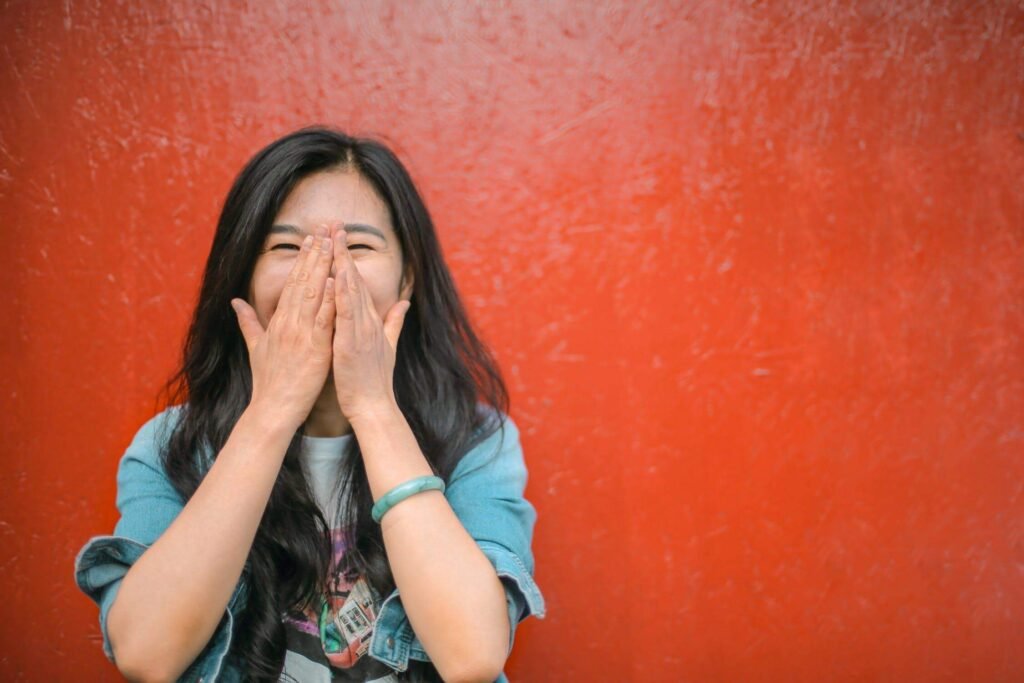
Another harmful stereotype that Asians face is the assumption that they are all academically gifted or overachievers, which can create unfair expectations and place undue pressure on Asian students. This stereotype is harmful to Asians who were born or raised in these countries, as it ignores their experiences and cultural identity.
According to a report by the Pew Research Center, Asian Americans are the fastest-growing racial or ethnic group in the United States, and they are projected to make up 9% of the country’s population by 2055. However, this stereotype persists, with many Asians still being seen as perpetual foreigners.
TOP 3: All Asian Women are Submissive or Docile

The stereotype that all Asian women are submissive or docile is harmful and reinforces gender norms, reducing them to a passive role. This assumption fails to recognize the diversity of personalities and traits that Asian women possess and can contribute to a culture of gender discrimination and inequality. The stereotype of Asian women being submissive or docile has been perpetuated by the media and pop culture for decades.
This stereotype is harmful, as it can affect how Asian women are perceived in professional settings and can make it difficult for them to assert themselves or be taken seriously. As mentioned in the National Asian Pacific American Women’s Forum, 54% of Asian American and Pacific Islander women reported experiencing workplace bias or discrimination, including being perceived as too submissive. This shows the real-world impact of this harmful stereotype on the lives and careers of Asian women.
TOP 2: All Asians are Good at Technology or Computer Science

The stereotype that all Asians are skilled in technology or computer science is harmful as it assumes that all Asians have the same interests and abilities, despite the diversity among individuals. While it may be true that some Asians excel in these fields, this generalization is unfounded and can lead to harmful assumptions about an individual’s strengths and interests.
As stated by the Pew Research Center, Asian Americans are more likely to work in STEM (science, technology, engineering, and math) fields than any other racial or ethnic group in the United States. However, this does not mean that all Asians are interested in or excel in these fields. This stereotype can lead to the exclusion of Asians in other fields and perpetuate the idea that Asians are only valuable for their technical abilities.
TOP 1: Can You Teach Me Kung Fu or Karate?
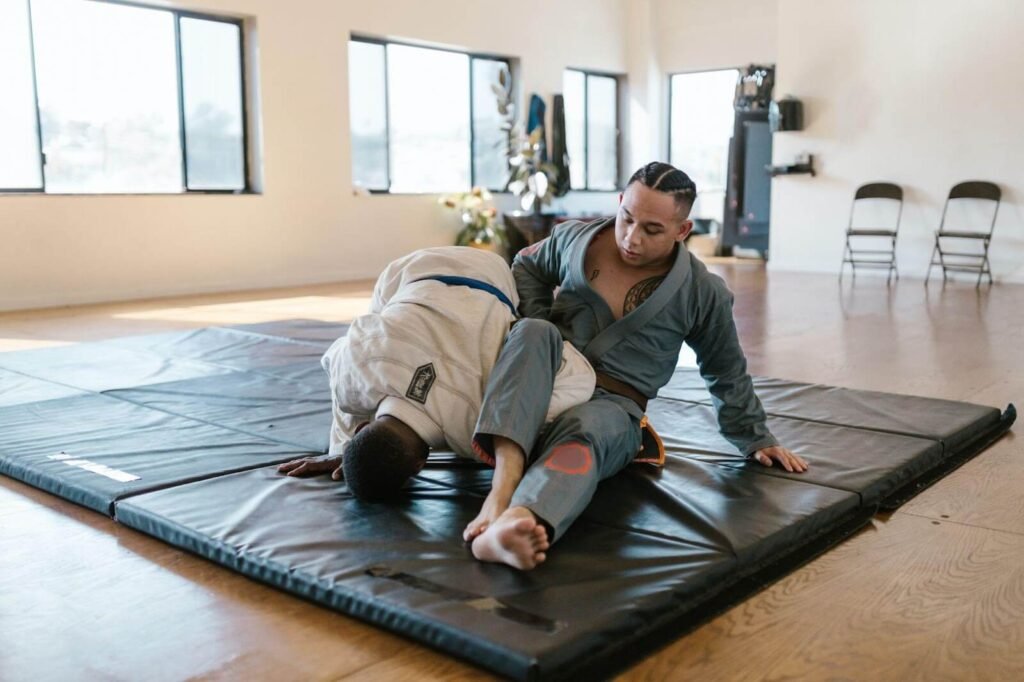
And finally, the Top Thing that Asian People are Tired of Hearing is the question, “Can You Teach me Kung Fu or Karate?” In a survey conducted by the National Asian Pacific American Women’s Forum, 31% of Asian American women reported experiencing racist comments about their ethnicity or nationality, with martial arts being a common stereotype mentioned.
Not all Asians practice martial arts, and it is important to recognize that this stereotype perpetuates a dangerous and harmful idea of Asian masculinity. This stereotype also ignores the fact that many Asian countries have their own unique martial arts traditions that should be respected and celebrated as reported by Psychology Today.
What are the Top Things Most Asian People are Tired of Hearing?
It has been noted from the list that there are many Asians who are constantly burdened with stereotypes and preconceived notions that limit their identity to a few traits or hobbies. To build a more inclusive and considerate society, we must acknowledge and appreciate the diverse cultures and backgrounds that exist within the Asian community. As reported by CNBC News, 41% of Asian Americans reported experiencing racial, harassment or discrimination in 2020, with incidents ranging from verbal harassment to physical assault.

Here is the list of the Top 10 Things Most Asian People Are Tired of Hearing:
- Can You Teach me Kung Fu or Karate?
- All Asians are Good at Technology or Computer Science
- All Asian Women are Submissive or Docile
- All Asians are Foreigners or Not “Real” Americans or Canadians
- All Asians are Good at Martial Arts
- All Asians are Quiet and Submissive
- All Asians Have Monolids or Small Eyes
- Asians Eat Dogs or Cats
- Asians Must be Good at Math
- Where are You Really From?
In conclusion, Asian people have been subjected to these questions and comments for far too long, and it’s time to recognize the harm they can cause. If you’re interested in reading more research-based content, be sure to visit our website, The Daily Top 10. In case you missed it, we have a specialized category in Asia, where we share the latest news and other top ten Asian posts.
If you want to know more about Asia, we have other good articles like Top 10 Best Places for First-Time Travelers to Visit in Asia and Top 10 Best and Biggest Shopping Malls in Asia just for you. subscribe to our Newsletter so you don’t miss out on the opportunity to expand your knowledge. Thank you for reading!

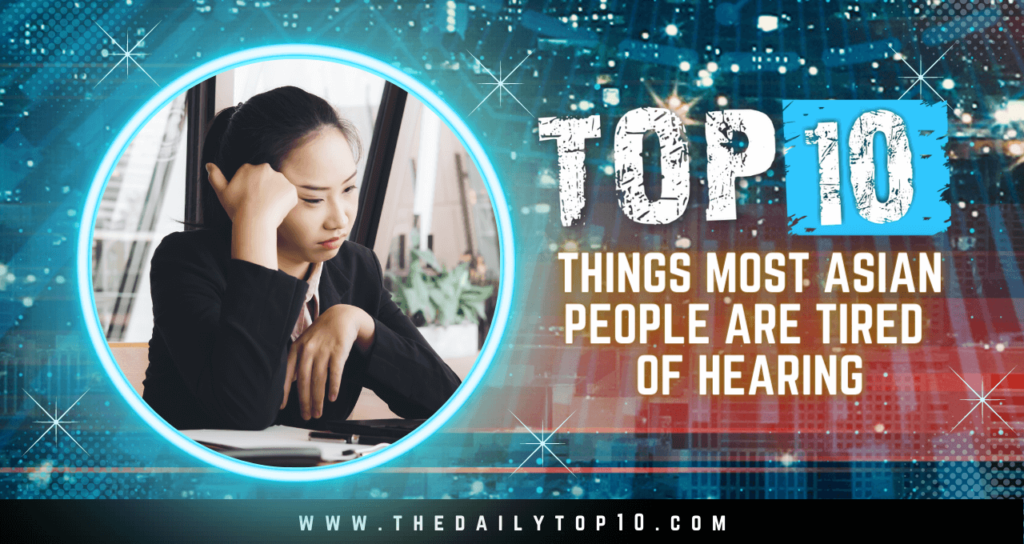
Top 10 Asia’s Best & Most Famous BL Drama Series in 2022
Top 10 Asia’s Most Shocking Celebrity Scandals In January 2023
Top 10 Hottest and Most Beautiful Women in Asia (Updated)
Top 10 Asia’s Inspiring Famous People Living With Disabilities
Top 10 Reasons Why We Celebrate Galentine’s Day
Top 10 Best Technology Colleges in Asia (Updated)